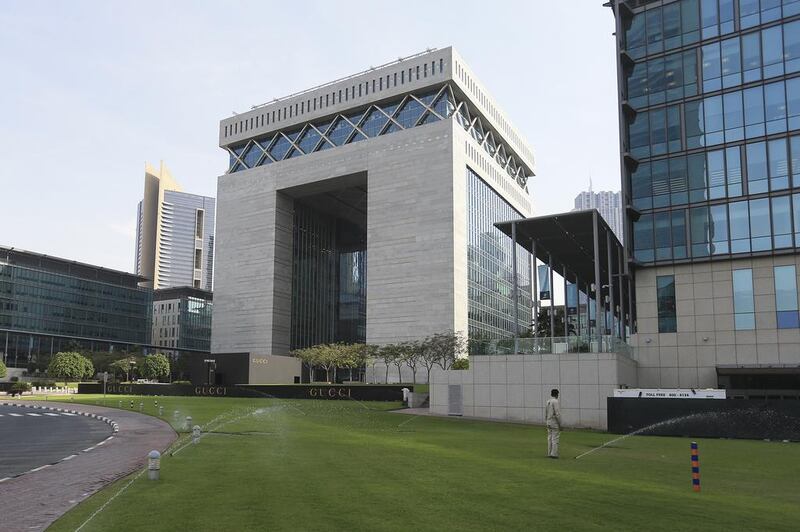Dubai must overhaul its legal framework and issue more debt if it is to compete with the conventional and Islamic capital markets of its foreign rivals, according to a study from Deloitte and the Dubai Economic Council.
This is just the latest call for Dubai to issue new regulations in order to develop its capital markets.
The IMF and the industry body the Islamic Financial Services Board have both said that the UAE needs to update its regulatory environment to help the growth of its domestic Islamic finance industry.
International debt issuance is centred on the Dubai International Financial Centre, a special-purpose free zone governed by English common law.
Insolvency procedures in case of default remain a major problem for issuers and investors, Deloitte says.
Nakheel’s compulsory sukuk restructuring in 2009 is a clear example. Investors realised that they could not take ownership of the assets underpinning the sukuk. This led the government to restructure the sukuk through an extraordinary tribunal and direct negotiations with creditors – rather than resolution through courts.
Dubai should also lay the legal framework needed to introduce derivatives, the report says. That would include interest rate swaps, sovereign bond forwards and currency exchange swaps.
This would be controversial for Islamic products, since Sharia law prohibits the earning of income from the trading of money alone. That has traditionally been understood to mean a ban on derivative trades.
Dubai could issue more sovereign debt to help build a yield curve in conventional and Islamic bonds. A benchmark yield curve refers to the interest rates paid on sovereign bonds of varying maturities. It allows companies to price sukuk in relation to sovereign debt costs.
New legal standards for Green bonds, which finance projects deemed to be of environmental benefit, would also help develop the market, Deloitte says. The Dubai Electricity and Water Authority plans to issue a Green sukuk later this year.
Liquidity risk remains a threat in the era of low oil prices. Government deposits are drying up as the low oil price bites. Government-related entities continue to rely on domestic banks for financing but analysts have warned that bank funding could dry up. That adds urgency to Dubai government efforts at capital market deepening, Deloitte says.
abouyamourn@thenational.ae
Follow The National's Business section on Twitter





